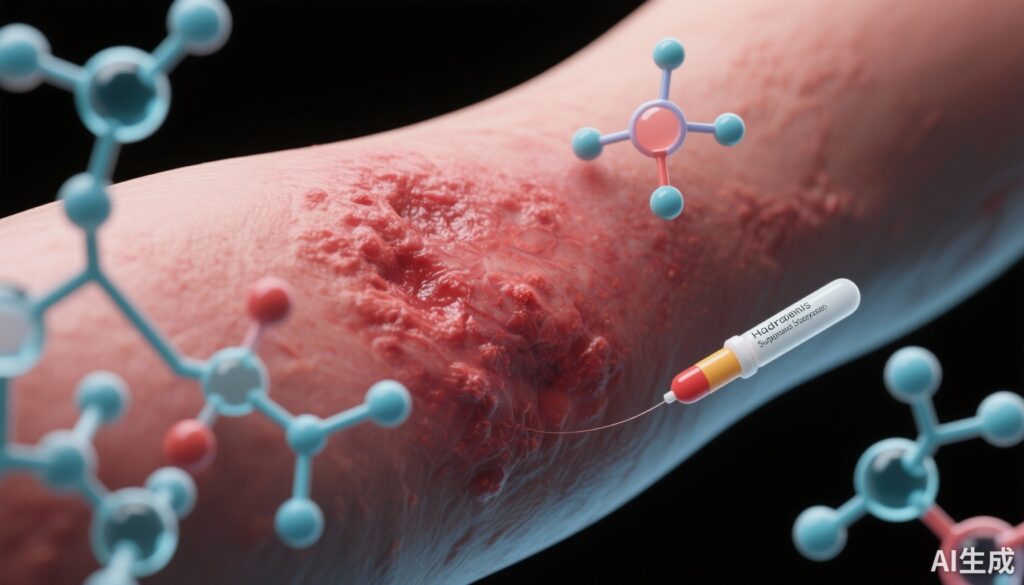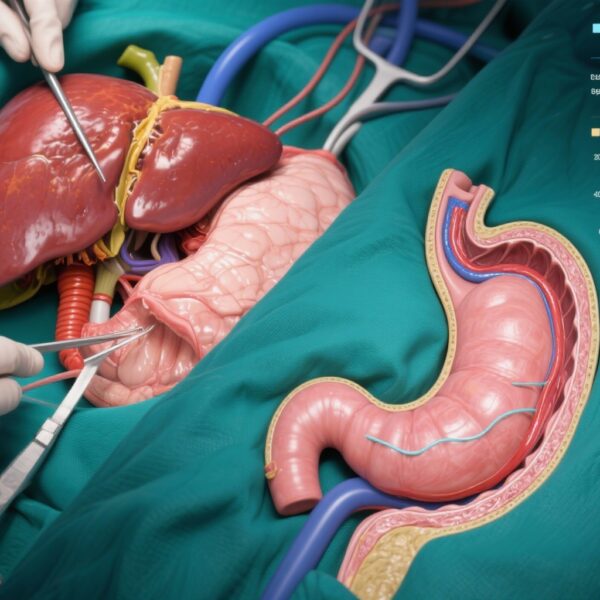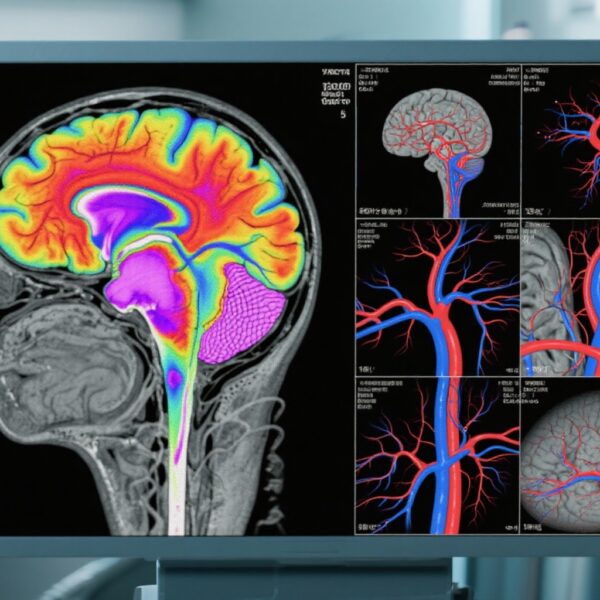Highlight
- A living network meta-analysis compared 39 medical treatments for moderate to severe hidradenitis suppurativa (HS) across 25 randomized controlled trials involving 5767 patients.
- Top treatments showing significantly higher Hidradenitis Suppurativa Clinical Response (HiSCR-50) compared to placebo include sonelokimab, lutikizumab, adalimumab, bimekizumab, povorcitinib, and secukinumab.
- Adalimumab, the current standard, showed similar efficacy to many newer agents with comparable safety and tolerability profiles.
- Serious adverse events (SAEs) and treatment discontinuation rates due to adverse events were low and similar across active treatments and placebo groups.
Study Background
Hidradenitis suppurativa (HS) is a chronic, inflammatory skin disease characterized by painful, recurrent nodules and abscesses primarily affecting intertriginous areas. Moderate to severe HS causes significant physical discomfort, psychological distress, and reduced quality of life. Despite regulatory approvals of some biologics and small molecule inhibitors, treatment options remain limited and comparative efficacy and safety data are scarce. This gap hampers optimized therapeutic decision-making for clinicians managing HS.
Study Design
This living systematic review and network meta-analysis synthesized evidence from phase 2 and 3 randomized clinical trials (RCTs) evaluating various medical interventions for adults with moderate to severe HS. Data sources searched up to June 28, 2024, included MEDLINE, Embase, ClinicalTrials.gov, and Cochrane Central Register of Controlled Trials. The interventions studied encompassed cytokine inhibitors (such as anti-TNF, IL-17, IL-1 antagonists), small molecule inhibitors, and novel immunomodulators. The primary efficacy assessments occurred between 12 and 16 weeks. Primary outcomes were achievement of Hidradenitis Suppurativa Clinical Response 50 (HiSCR-50), serious adverse events (SAEs), and treatment discontinuation due to adverse events. Secondary outcomes included HiSCR-75.
Key Findings
A total of 26 eligible RCTs were identified, with 25 trials contributing HiSCR-50 data, collectively enrolling 5767 patients and evaluating 39 distinct treatments or dosing regimens.
Efficacy
Compared with placebo, statistically significant improvements in the HiSCR-50 response rate were observed with the following medications:
- Sonelokimab 120 mg every 4 weeks
- Lutikizumab 300 mg every 2 weeks
- Adalimumab 40 mg once per week
- Sonelokimab 240 mg every 2 weeks
- Bimekizumab 320 mg every 2 weeks
- Povorcitinib 15 mg once daily
- Bimekizumab 320 mg every 4 weeks
- Secukinumab 300 mg every 4 weeks
- Secukinumab 300 mg every 2 weeks
Adalimumab, currently the only FDA-approved biologic for moderate to severe HS, showed similar efficacy compared to most other targeted agents. Differences between adalimumab and other active treatments were generally not statistically significant, suggesting comparable clinical benefit across various biologics and small molecules.
Safety and Tolerability
The incidence of serious adverse events ranged from 0% to 10% in placebo-treated patients, 0% to 8% in adalimumab-treated cohorts, and 0% to 6% in patients receiving other active treatments. Treatment discontinuations due to adverse events were low across all groups: 0% to 10% for placebo, 0% to 4% for adalimumab, and 0% to 15% for other drugs, with ropsacitinib showing the highest discontinuation rate.
Clinical Interpretation
These results reinforce the clinical efficacy of established agents like adalimumab and demonstrate promising outcomes with several novel treatments targeting distinct immunologic pathways. Safety profiles were generally favorable, supporting their use in clinical practice. However, given the lack of direct head-to-head studies, these findings should guide but not dictate therapeutic choices.
Expert Commentary
Current clinical management of moderate to severe HS is challenging due to heterogeneity in disease presentation and variable responses to therapy. This comprehensive network meta-analysis is a valuable resource providing comparative data where direct evidence is lacking. The comparable efficacy among multiple agents suggests that treatment personalization based on patient characteristics, comorbidities, and patient preference may optimize outcomes. Notably, the emergence of agents such as sonelokimab and bimekizumab, which target key cytokines involved in HS pathology (e.g., IL-17 family), reflects advances in understanding HS immunobiology.
Limitations include the short duration of primary efficacy assessments (12–16 weeks), which may not capture long-term efficacy and safety. Additionally, the heterogeneity of trial designs and patient populations poses challenges for generalizability. Future studies should focus on head-to-head comparisons, biomarker-driven personalized therapies, and longer-term follow-up.
Conclusion
This living network meta-analysis delivers critical comparative insights on the efficacy, safety, and tolerability of approved and pipeline therapeutics for moderate to severe hidradenitis suppurativa. The data confirm the efficacy of adalimumab and identify several promising agents with similar or superior effects. Low rates of serious adverse events underscore the favorable safety profiles of these treatments. These findings inform evidence-based clinical decisions and highlight areas for future research to optimize management of this debilitating disease.
Funding and ClinicalTrials.gov
The analysis was supported by relevant institutions as described in the original publication. ClinicalTrials.gov identifiers for included trials are detailed in the source publication.
References
Garg A, Cohn E, Midgette B, Frasier K, Strunk A. Efficacy and Safety of Medical Interventions for Moderate to Severe Hidradenitis Suppurativa: A Living Systematic Review and Network Meta-Analysis. JAMA Dermatol. 2025 Sep 1;161(9):931-940. doi: 10.1001/jamadermatol.2025.1976. PMID: 40601333; PMCID: PMC12224058.
Kimball AB, Sobell JM, Zouboulis CC, et al. Adalimumab for moderate to severe hidradenitis suppurativa: a parallel randomized trial. Ann Intern Med. 2016;165(12):884‒894.
Vossen ARJV, van der Zee HH, Prens EP. Hidradenitis suppurativa: a systemic disease with a focus on pathogenesis and treatment. J Dtsch Dermatol Ges. 2019 Jan;17(1):40-48.



